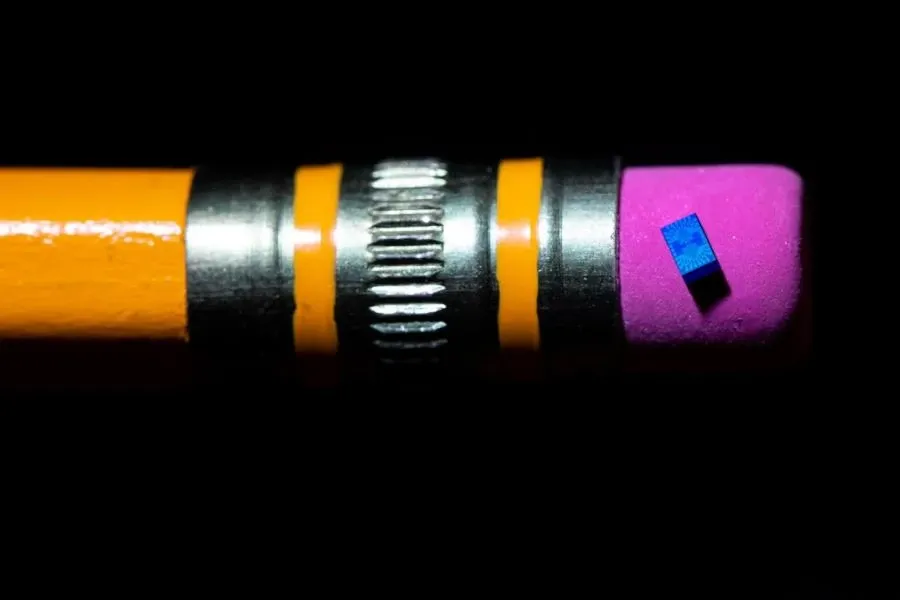Qualcomm Announces Snapdragon 8 Gen 5 Platform
Qualcomm added its latest smartphone platform to its premium-tier Snapdragon range.

Researchers at Intel and QuTech, an advanced quantum computing research center, have successfully created the first silicon qubits at scale at Intel’s D1 manufacturing factory in Hillsboro, Oregon. The result is a process that can fabricate more than 10,000 arrays with several silicon-spin qubits on a single wafer with greater than 95% yield. This achievement is dramatically higher in both qubit count and yield than the typical university and laboratory processes used today.
This research was published in the journal Nature Electronics and is Intel’s first peer-reviewed research demonstrating the successful fabrication of qubits on 300mm silicon. The new process uses advanced transistor fabrication techniques including all-optical lithography to produce silicon-spin qubits, the same equipment used to produce Intel’s latest-generation complementary metal-oxide-semiconductor (CMOS) chips. The research is a crucial step forward in the path toward scaling quantum chips, demonstrating that it’s possible for qubits to eventually be produced alongside conventional chips in the same industrial manufacturing facilities.
“Quantum computing has the potential to deliver exponential performance for certain applications in the high-performance compute space,“ said James Clarke, director of Quantum Hardware at Intel. “Our research proves that a full-scale quantum computer is not only achievable but also could be produced in a present-day chip factory. We look forward to continuing to work with QuTech to apply our expertise in silicon fabrication to unlock the full potential of quantum.“